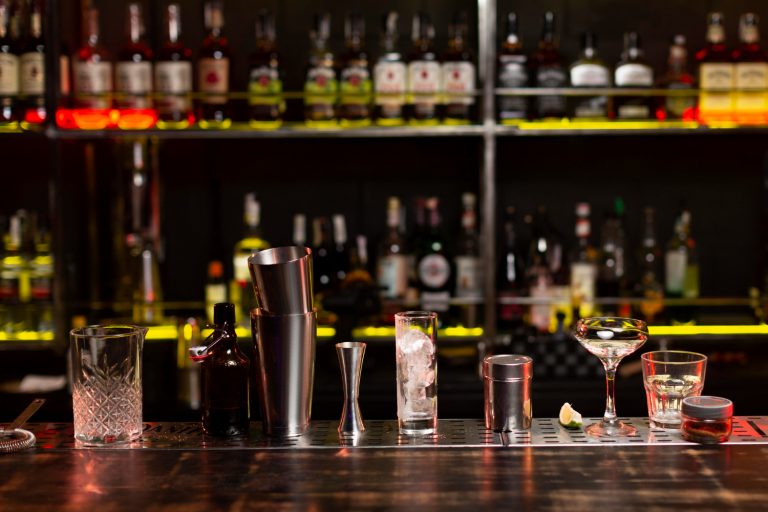Everything you should know about the Dram Shop Law

Driving under the influence is the leading cause of accidents in Houston, Texas. Houston, like many other cities in the United States, has a problem with drunk driving. In 2021 there were an estimated 66,988 traffic accidents reported in Houston. Drunk driving car accidents in Houston can cause huge financial losses for the victims, which can be recovered through personal injury law. Dram Shop Laws are a type of liability law in the United States that hold liquor-serving establishments accountable for the actions of their patrons who, after being sold or served alcohol, go on to cause harm to themselves or others. These laws are in place to prevent excessive alcohol consumption and the related harm that can occur as a result.
What is Dram Shop Law?
The term “dram shop” comes from a unit of measure for liquor in colonial America, where a “dram” referred to a small serving of alcohol. The laws apply to any establishment that serves alcohol, including bars, restaurants, liquor stores, and social clubs. Dram shop laws vary from state to state, but most hold the establishment responsible for serving alcohol to a visibly intoxicated individual or a minor. If an accident occurs due to the intoxication of one party, however, both parties can pursue damages under Dram Shop Law as opposed to personal injury law, which only focuses on the actions of the guilty party.
Purpose
The purpose of dram shop laws is to incentivize establishments to serve alcohol responsibly and to reduce the number of alcohol-related accidents and incidents. For example, if a patron is served alcohol while visibly intoxicated and goes on to cause a car accident, the establishment could be held responsible for any harm or damage resulting from the accident.
Deterrent for Establishments
Dram shop laws also serve as a deterrent for establishments that may otherwise be inclined to over-serve their patrons for the sake of increased profits. The threat of legal consequences can encourage establishments to exercise caution and responsibility when it comes to serving alcohol. It is important to note that dram shop laws do not place all the responsibility on the establishment. Patrons also have a responsibility to drink responsibly and not cause harm to themselves or others. However, these laws provide a mechanism for holding establishments accountable for their role in promoting excessive alcohol consumption.
Challenges
One of the challenges with dram shop laws is determining what constitutes “visibly intoxicated.” This can be a subjective determination and may depend on factors such as the individual’s behavior, speech, and overall appearance. Additionally, some states have specific definitions of what constitutes “visibly intoxicated,” such as the inability to stand or walk without assistance.
Another challenge is that dram shop laws can be difficult to enforce, as establishing the link between the establishment’s actions and the harm caused can be complex. For example, in a car accident case involving a patron who was served alcohol, it may be difficult to determine whether the individual’s behavior was due to the alcohol they consumed or other factors.
Despite these challenges, dram shop laws remain an important tool for reducing alcohol-related harm. By holding establishments accountable for their role in excessive alcohol consumption, these laws can help prevent accidents, injuries, and other negative consequences. While these laws can be challenging to enforce, they remain an important tool for reducing alcohol-related harm.





